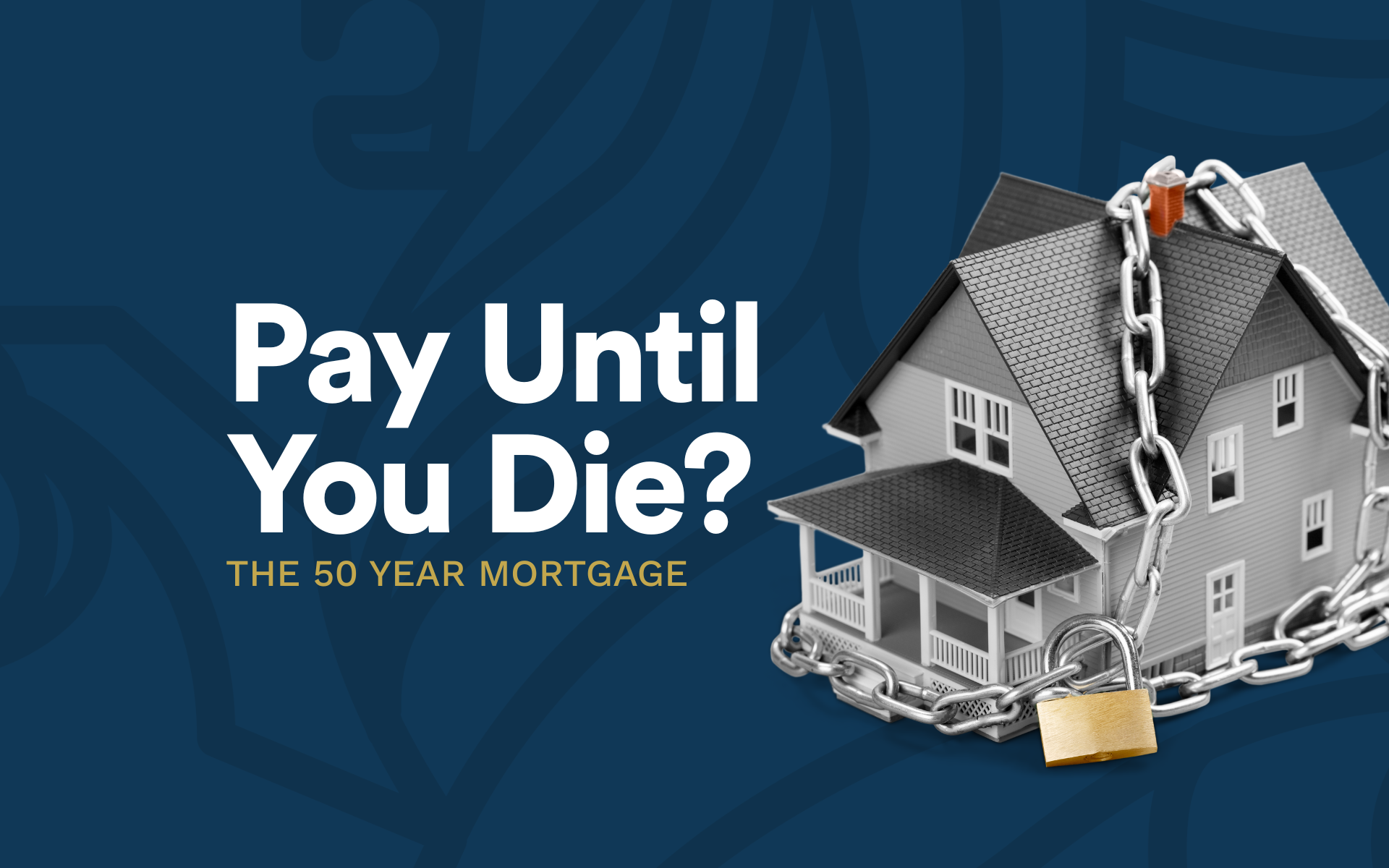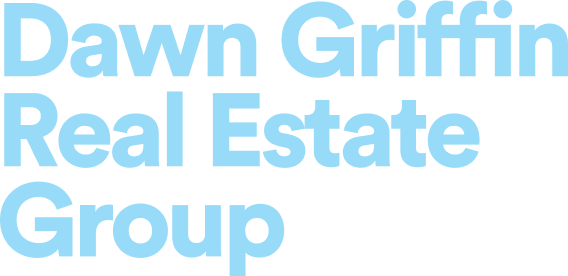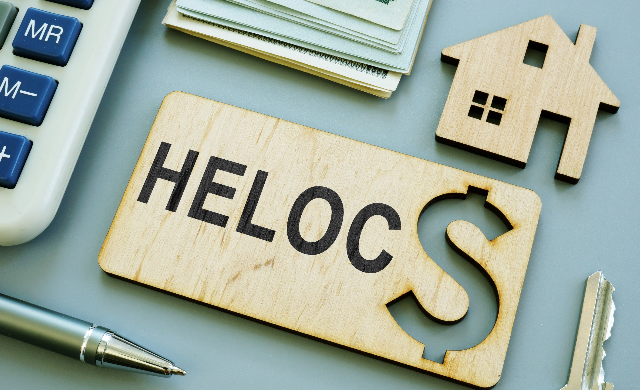Pay Until You Die — The Real Meaning Behind the 50-Year Mortgage
The word mortgage literally comes from Old French mort gage — meaning “dead pledge.”
The pledge “dies” only when the debt is repaid or the property is taken.
Fast forward to today, and the new 50-year mortgage proposal feels truer to that origin than ever.

Who Really Wins With a 50-Year Mortgage?
Spoiler alert: it’s not homeowners.
The 50-year mortgage is being sold as an “affordability solution,” but it’s really a lender and investor solution. The core housing issue isn’t loan length — it’s inventory.
Roughly 60–65% of U.S. homeowners hold mortgages below 4%, and they’re staying put. That keeps supply tight.
A 50-year mortgage doesn’t fix that. It just injects more buying power into a market with too few homes, pushing prices higher and trapping buyers in debt for decades longer.
Why Homeowners Lose (and Lenders Win)
- Tiny Savings, Massive Cost:
On a $400K loan, a 50-year at 6.875% saves just $127/month vs. a 30-year at 6.375% — for 20 extra years of payments. - Equity Builds at a Crawl:
Early payments go almost entirely to interest, leaving owners with little true ownership for years. - Lenders and Investors Profit:
- Lenders collect far more total interest.
- Investors enjoy improved cash flow and reduced default risk.
- Homeowners shoulder the risk while wealth shifts upward.
- Doesn’t Fix Affordability:
The issue is supply, not amortization. Extending debt terms just finances scarcity. - Normalizes Lifelong Debt:
When home loans stretch half a century, housing stops being a path to ownership — and becomes a permanent payment plan.
What Buyers Should Consider Instead
If affordability feels out of reach, don’t stretch the debt — strengthen your strategy:
- Focus on building equity faster, not slower.
- Purchase below your approval limit to stay flexible.
- Consider shorter terms or biweekly payments to reduce total interest.
- Look for new construction incentives or shared equity programs rather than ultra-long loans.
- And above all: wait for the right home, not the longest loan.



